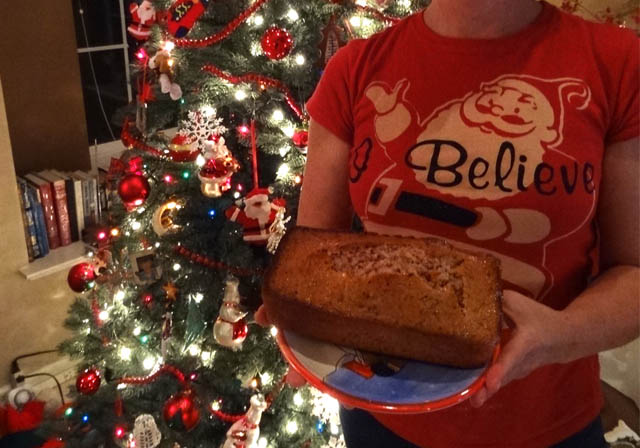
Ora che la stagione natalizia è qui, mi trovo in cucina facendo tutti i biscotti e il pane di mirtillo. Mentre faccio l’impasto e stendo i biscotti, ascolto il playlist delle canzoni natalizie che la mia amica Lucrezia di “Learn Italian with Lucrezia” ha fatto su Spotify.
Now that the Christmas season is upon us, I find myself in the kitchen busily making Christmas cookies and cranberry bread. While kneading the dough and rolling out cookies I have been listening to Italian holiday songs put together by my friend Lucrezia over at “Learn Italian with Lucrezia” put together on Spotify.
È divertente sentire le canzoni così familiare, tradotte in italiano. Sono piene d’energia è gioia, ma le versioni italiane sono molte diverse delle canzoni tradizionali. In America ci godiamo una lunga tradizione di musica natalizia, cioè “White Christmas”, “Jingle Bells” and “Rudolph the Red Nosed Reindeer.
It is fun to hear the, oh so familiar holiday songs, translated into Italian. They exude energy and joy, but the Italian versions of traditional songs also are quite different. In America, we enjoy a long tradition of beloved Christmas music – i.e., “White Christmas”, “Jingle Bells” and “O Holy Night”.
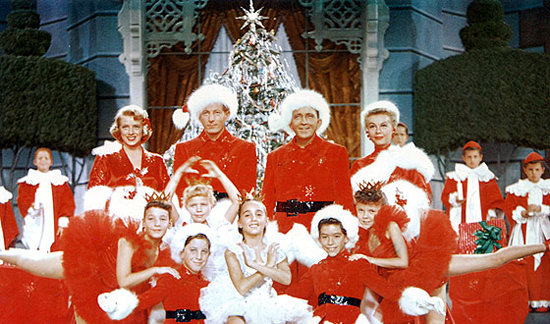
Nel passato ho chiesto i miei amici italiani di condividere con me le loro canzoni preferite, ma sembra che non abbiano una storia musicale ricca di canzoni originali. Non hanno avuto cantanti come Bing Crosby, Gene Autry, Andy Williams e Irving Berlin, i quali hanno registrato musica per un sentimentale pubblico americano. Invece gli italiani hanno deciso di adottare la nostra musica e hanno aggiunto i loro testi. Prendete per esempio la canzone “Santa Claus is Coming to Town”. Nella versione italiana il titolo è “Il Natale arriva in città” e il testo è diverso. Personalmente avrei scelto qualcosa più vicino al originale come “Babbo Natale arriva in Città”, ma hey, questa è solo la mia opinione! In Italia inoltre, non hanno “Jingle bells” – cioè campanelle scintillante di slitta. Invece la loro versione della canzone “Jingle bells” va “din don dan” come il fragore delle campane nelle torri della chiesa!
I used to ask my Italian friends to share with me their favorite holiday carols, but it seems that they really don’t have a similar rich holiday musical history of original songs. They didn’t have songsters like Bing Crosby, Dean Martin, Andy Williams, and Irving Berlin who composed and crooned holiday toons to a sentimental American public. Instead, the Italians have adopted our music and added their own lyrics. Take for instance the song “Santa Claus is coming to Town”. In the Italian version it is called “Il Natale arriva in città” and the lyrics are quite different. Personally, I would have chosen something closer to the original like “Babbo Natale arriva in Città”, but hey, that’s just me! In Italia also apparently they don’t have “jingle bells” shimmery sleigh bells. Instead, their Jingle bell song goes “din don dan” like the clanging of the bells in the church towers!
Allora, questo solleva un punto interessante. Perché i titoli e filmati cambiano in modo drastico nella versione italiana? Pensavo che ci fosse una squadra di traduttori che hanno lavorato diligentemente per fare una traduzione che fosse più linguisticamente accurato. Più probabile c’è solo un individuo seduto da solo in un piccolo cubicolo che finalmente getta le mani in aria e sceglie qualcosa che abbia senso per lui sulla base delle sue espressioni idiomatiche e pratiche culturali.
So this brings up an interesting point. Why do song titles and movies titles change so drastically in the Italian version? I used to think that there was a team of translators who worked diligently to make a translation that was as linguistically accurate to the original as possible. More likely there is there just one person sitting alone in a small cubicle who finally throws his hands into the air and selects something that makes sense to him based on his own cultural idioms and practices.

Ci sono tanti esempi in cui i nomi dei film sono stati modificati nella traduzione italiana. Per esempio prendete il classico film di Rogers & Hammerstein “The Sound of Music”. Pensereste che il titolo sarebbe stato “Il suono della musica”. Ma invece è “Tutti insieme appassionatamente”! Pensereste anche che sarebbe stato facile tradurre il titolo del film “The Holiday” (un “cin-panettone” americano con Jude Law e Cameron Diaz) come Le Vacanze”. Invece è chiamato “L’amore non va in vacanza”. Buono a sapersi se siete alla ricerca del film su internet! A proposito ho trovato la parte più divertente del film in cui Jude Law, giocando con sua figlia diventa il personaggio “Mr Napkin Head”. Nella versione italiana questo personaggio immaginario diventa “Mr Tovagliolo”. In realtà la traduzione è abbastanza vicino al nome originale, eppure alcuna della sciocchezza assoluta dell’espressione è perduta senza la parola “testa”. È possibile visualizzare questa scena al punto 4:24 del clip sotto.
There are all sorts of fun examples in which names of movies have been changed in the Italian translation. Take for instance Rogers & Hammerstein classic film “The Sound of Music”. In Italian, the title isn’t “Il suono della musica” as you might imagine. It is “Tutti insieme appassionatamente”! You would also think that it would be fairly easy to translate “The Holiday” a Christmas movie with Jude Law and Cameron Diaz as “Le Vacanze”. Instead, it is called “L’amore non va in vacanza”. Good to know if you are searching for the film on the internet. By the way, I found the funniest clip of the film in which Jude Law, play-acting with his daughter becomes “Mr. Napkin Head”. In the Italian version, this imaginary character becomes Mr. Tovagliolo. Now, this is actually fairly close to the original name, and yet, some of the absolute silliness of the expression is lost by just leaving off the word “head”. You can view this scene at the 4:24 mark in the clip below.
Tradurre non è mai una scienza precisa o facile da fare affatto. Tante sfumature e scherzi non si possono tradurre in un’altra lingua o un’altra cultura. Comunque meglio imparare entrambe le lingue d’interesse bene per essere consapevole delle differenze. In questo modo potete apprezzare entrambi i lati della storia! Va bene! Mangiate un biscotto e univitevi con me per cantare un giro travolgente di Il Natale arriva in città!!
Translating is never a precise science or an easy thing to do. So many nuances and inside jokes just don’t translate well into another culture. Ah well, best to learn enough of both your target languages to notice the differences and appreciate both sides of the story! Okay! Everyone eat a cookie and join together with me for a rousing round of Il Natale arriva in città!!
Stasera vedrai qualcosa accadrà,
qualcosa di magico succederà.
Babbo Natale è qua,
Babbo Natale è là!
Il Natale arriva in città!!!
Di nuovo tra noi tra poco sarà,
la slitta sul tetto lui parcheggerà
Babbo Natale è qua,
Babbo Natale è là!
Il Natale arriva in città!!!
Lui sa se stai dormendo
e sa quando ti svegli.
Se sarai stato buono
un regalo porterà.
Stasera vedrai qualcosa accadrà
e il cuore di ognuno più bello sarà.
Babbo Natale è qua,
Babbo Natale è là!
Il Natale arriva in città!!
Bianco Natale
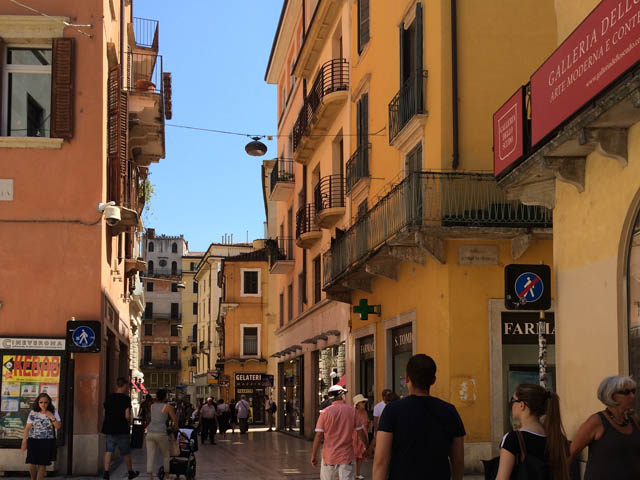

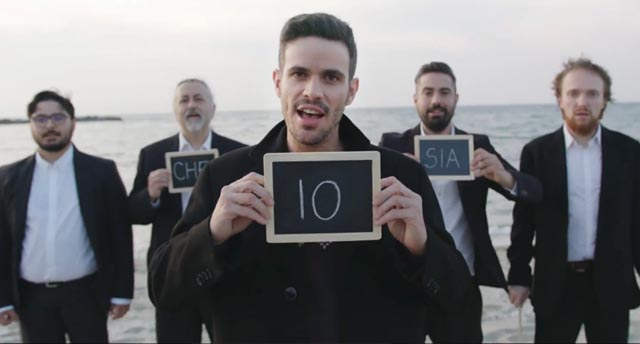
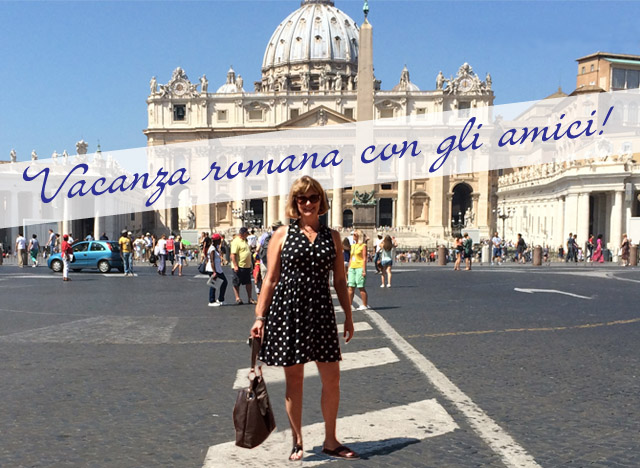

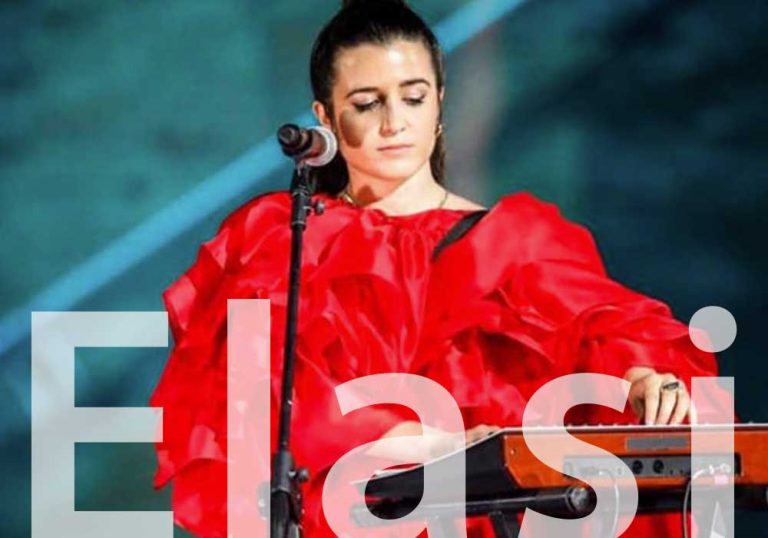






Benissimo! Grazie – Carina 🙂
Hai ragione,Melissa,c’è un gran casino nel tradurre i titoli dei film americani in italiano.Però funziona”benissimo” anche viceversa.Io prima di guardare un film,consulto spesso “Leonard Maltin’s Movie Guide”.Ci sono anche dei film italiani, ma a volte e impossibile trovarli siccome hanno un nuovo titolo.Ad esempio,l’altro giorno mi ci è voluto tanto tempo per scoprire che “Il tango della gelosia”(bella commedia con Monica Vitti) è diventato in inglese”Jealous of you.” Ma cosa c’era che non andava con “tango”?
Fantastica, Melissa!